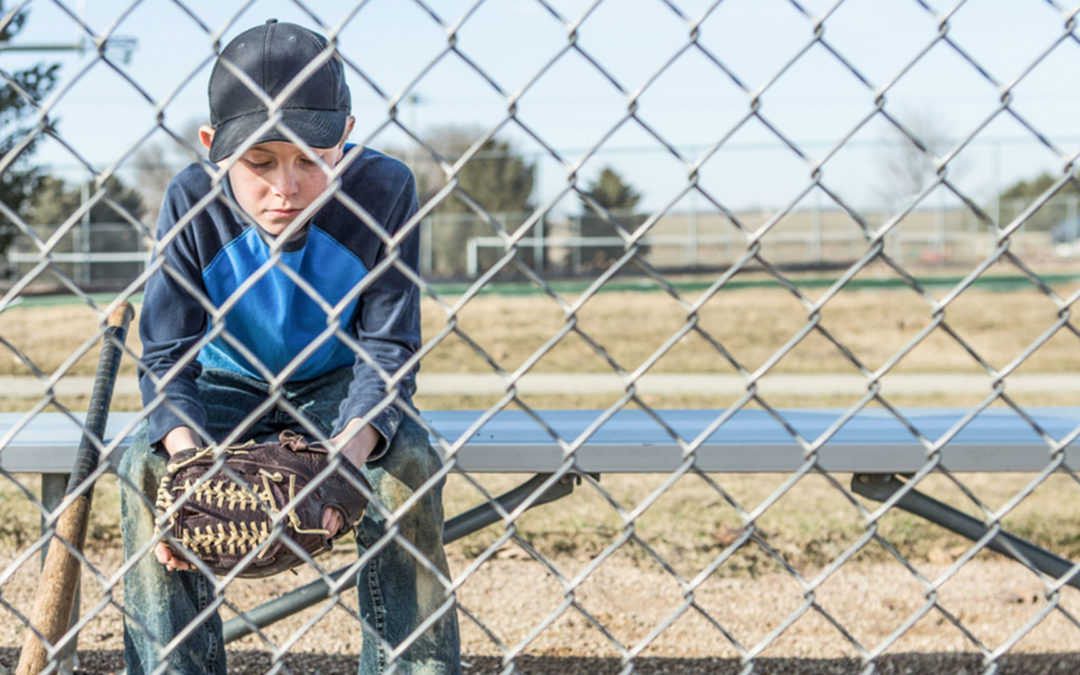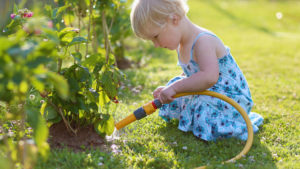Being the mom or dad on the sidelines is one of the joys of parenting. It’s fun to watch your child competing and working together with teammates while proudly wearing their school or club colors.
It’s especially fun if you are winning. However, being on a losing team…not so fun.
In the real world, no team or individual wins every time. Experiencing failure is part of life, and the way a person deals with it shows their true character. Learning how to handle a loss on the playing field with dignity, character, and good sportsmanship offers valuable experience that will benefit our kids later in life.
Don’t Play the Blame Game
Isn’t it amazing how the referees and umpires are always bad when your team loses, but they seem to be just fine when your team wins? As parents, it is easy to blame a loss on bad calls. Even if there were some questionable calls, as parents, we shouldn’t allow our kids to shift the blame for the loss on things other than their team’s play on the field. Doing this translates into a life of blaming teachers, bosses, spouses, and others for negative things in life rather than taking responsibility for their own actions and efforts.
Congratulate the Other Team
Competition can be fierce, but after the game, all players go back to being everyday humans. It goes a long way to have your kids watch you say “Good job!” and “Great game!” to players from the other team who cross your path as you head back to the parking lot. Soon, your player will be doing it, too. It’s okay to admit that players on the other team were good rather than treating them like the enemy.
Don’t Dwell on the Loss
For some parents, it’s overly tempting to relive the game with their child in the car on the way home. After a loss, that is the last thing a tired player needs. Instead, try simply acknowledging that the other team played well, it wasn’t your team’s day, and the loss shows us what we need to work on to get better. Then, change the subject and move on with your life.
Turning Today’s Loss into Tomorrow’s Win
When things get hard, the easy way out is to quit trying. But the true character of a person shows in how they react to failure. After a loss, I try to get my kids to think in terms of:
- What can I do get better next time?
- What did the other team do that we didn’t?
- What do we need to practice more?
This easily translates into real life. For example: What do I need to do differently to get a better grade on that test? What do I need to do to make sure I get the job next time? What do I need to do to get that promotion at work?
Be Your Child’s Biggest Cheerleader
As a parent, I do not try to play the role of coach. My biggest job is to make sure we have a lifetime supply of Gatorade and Band-Aids, as well as encourage my child and his/her teammates. After a game—win or lose—I always make sure I tell my young athlete “I’m proud of you” and “I loved watching you play.” And, of course, that is always the truth!

Anne Blankenbiller
K-12 & Teens
Most of my mornings, afternoons, and evenings are spent driving the kids here and there—and then back to here again. Every child is a gift on loan from God. As parents, our job is to raise that child to be an independent adult who can contribute to the world using the gifts and talents he or she was given. It is hands-down the most important job on earth!









